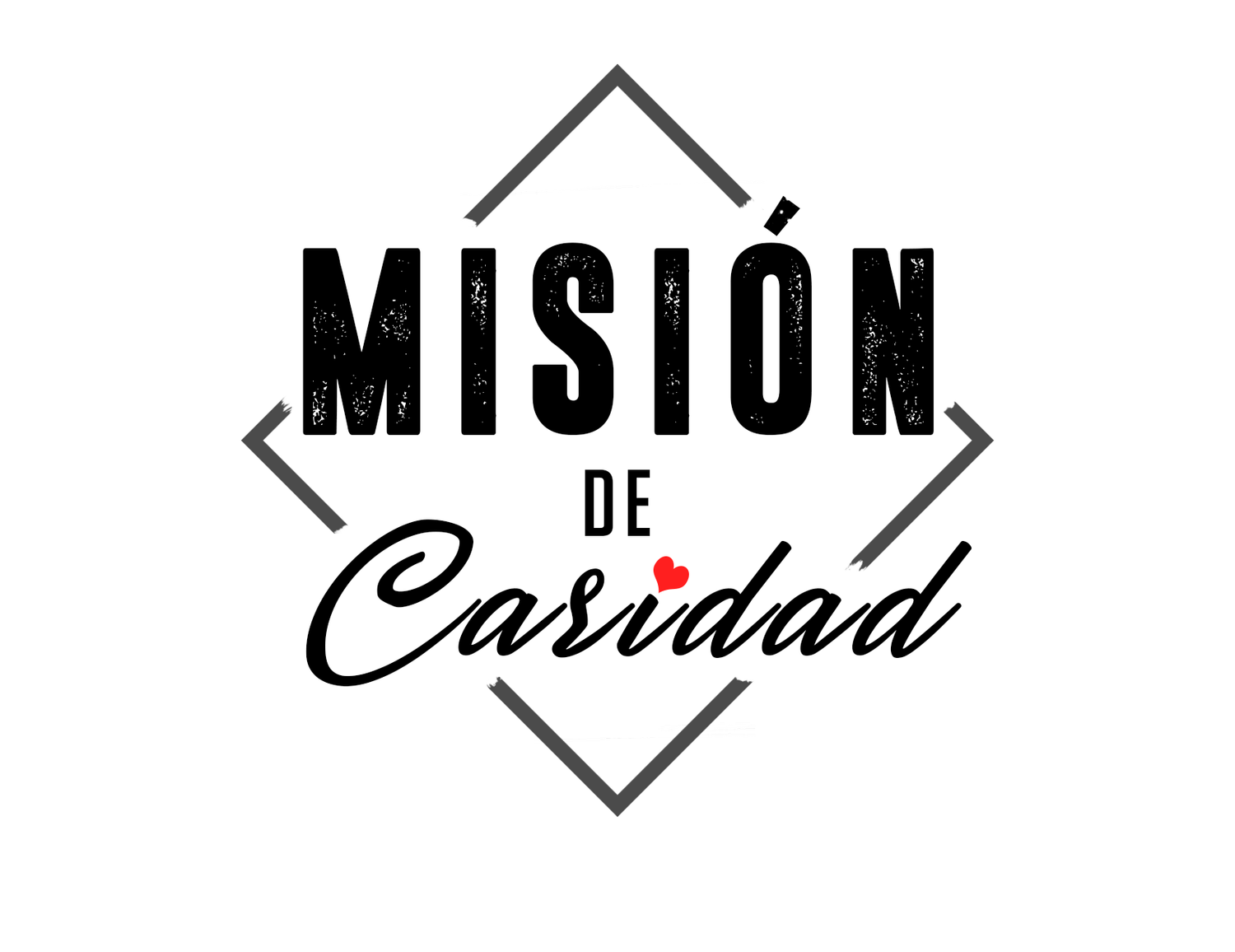Poverty And Access To Healthy Food
Many of the children in the communities we serve do not have access to healthy foods.
Poverty is a major cause of poor health. The relationship is financial. Vulnerable and poor people cannot afford to purchase things that are needed for and good for their health. The reality is that junk food is cheaper and more easily accessible, especially for large families which are common in Mexico. For these families, living in survival mode means eating and drinking whatever they can get their hands on. Historically families have not been taught what it means to eat healthy and as a result they choose high fat, high sugar and high calorie items. Soda is a staple at every meal for most families and the consumption of candy for children is also extremely high.
Treating the communities we serve with dignity means sourcing and providing only the best quality of food that is available.
Mexico has recently put regulations in place that require all foods to have labels that indicate when they are high in sugar, trans or saturated fat, calories or sodium (Financial Times, 2020). This will certainly bring awareness to what people are eating, but much more education is needed to teach people the importance of proper nutrition and exercise on health.
This image shows an example of recent changes to how high-calorie foods are marketed in Mexico. For example, this sugared cereal is no longer allowed to have an animal cartoon on it to make it less enticing to children.
MdC is working hard to serve the poorest communities at the border with dignity. For us, it’s critical to provide quality foods that we ourselves would eat, such as lean meats, whole grains, eggs, fresh veggies and more. It is also just as important to teach the importance of eating healthy and exercise.
Giving the communities that we serve access to nourishing foods means that:
● People have more capacity for work. As their health improves, more family members are able to work and therefore provide income. Poor health limits one’s ability to work, reduces economic opportunities, inhibits educational attainment, and can lead to medical debt. The more income that is generated, the closer families are to self-sufficiency and stability.
The healthier people are, the better they are able to provide for themselves and their families.
● There is less chance of disease, illnesses, and other challenging problems that deplete family resources. In Mexican households, when one person is sick, another family member typically must look after them. For example, this man looks after his sick mother and is unable to go to work because she needs care 24/7. He is a farmworker, and this group of people are already extremely poor.
Caring for his mom, Lupita, often prevents Mario from being able to work
● Children can get the vitamins and nutrients that are essential for physical and mental development. Eating well supports a child’s healthy growth, which is foundational for emotional and intellectual development. Many kids do not have the luxury of a balanced diet.
This boy lives in one of the poorest farmworker communities in the area where we serve.
● People are less likely to die prematurely. Many children lose their parents, and many parents lose their children because of issues that stem from malnourishment and poor health.
● Their mental health can improve. There is a strong connection between nutrition and mental health. “A healthy diet is protective, and an unhealthy diet is a risk factor for depression and anxiety” says Felice Jacka, president of the International Society for Nutritional Psychiatry Research (2018). In the long run, good mental health allows people to build strong relationships and make good decisions for themselves and their families.
Judith is always so thankful to see our team and is greeting Jean with a warm hug. At MdC, we know that encouraging physical, mental, and emotional health will lead to thriving relationships and improved well-being.
Thanks to your support, MdC actively plays a role in reducing food inequalities in the vulnerable communities we serve.
References
2018 (August 15, 2018). How Healthy Eating Helps to Enhance Your Life. Advantage Care Health Centers. https://advantagecaredtc.org/healthy-eating/
2020 (February 16, 2020). Mexico Tackles Obesity Crisis With Tough Food Labels. Financial Times. https://www.ft.com/content/d5a3a454-50c9-11ea-8841-482eed0038b1









